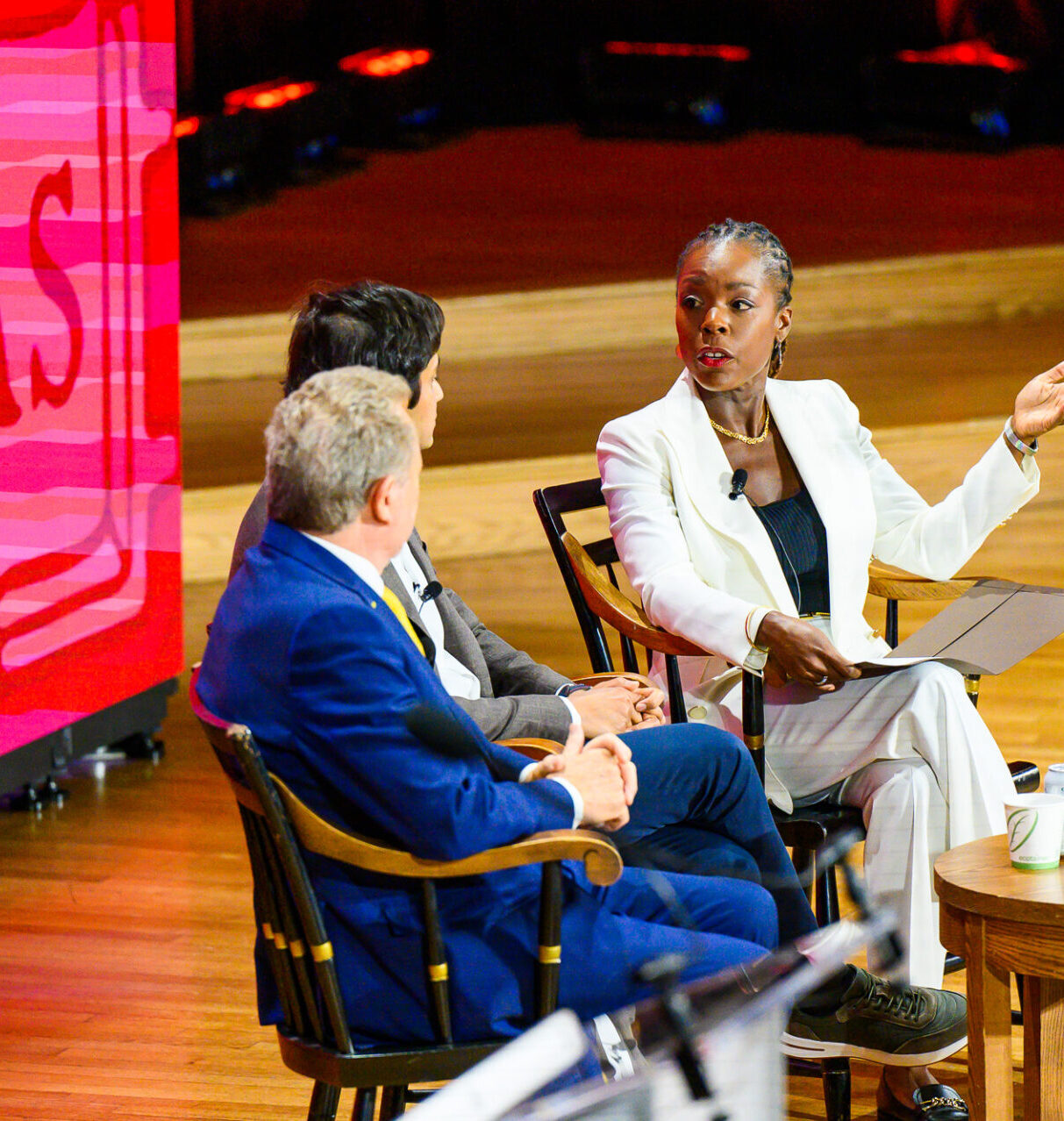"On the Nutritive Soul: Hegel, Goethe, Agnes Arber" with Dr. Daniel Carranza
Registration is required.
Register to attend this event in person.
Register to attend this event on Zoom.
Since Aristotle, the Western philosophical tradition has concerned itself with a logically constitutive rather than an empirically descriptive (or “biological”) concept of life. According to this logical concept, life is not merely a self-sustaining configuration of physical matter. Instead, the living being is living by being animated from within by a constitutive principle of active inner unity. Aristotle called the “soul” and Hegel’s life the “immediate idea.” In other words, life calls not only for conceptual definition but for a new concept of the concept altogether to do justice to its uniquely vital being. The talk briefly reconstructs this philosophical tradition's logical concept of life as articulated in Hegel before turning to Goethe's heterodox, anti-traditional take on the idea of life and its subsequent empirical-scientific development in the work of pioneering British botanist Agnes Arber.
Daniel Carranza studied German literature and philosophy in Portland (OR), Tübingen, Chicago, and Leipzig. He received his MA and PhD from the University of Chicago and fellowships from the Fulbright and Humboldt Foundations. His research and teaching interests include eighteenth- to twentieth-century German literature, poetics and the history of the lyric, the German philosophical tradition from Kant to Heidegger, moments of cross-pollination between the history of science and the history of philology, new formalisms, and literary theory. He perpetually returns to the question of how poetry thinks. He also serves as the German Studies Director for the Society for German Idealism & Romanticism (SGIR).
Register to attend this event in person.
Register to attend this event on Zoom.
Since Aristotle, the Western philosophical tradition has concerned itself with a logically constitutive rather than an empirically descriptive (or “biological”) concept of life. According to this logical concept, life is not merely a self-sustaining configuration of physical matter. Instead, the living being is living by being animated from within by a constitutive principle of active inner unity. Aristotle called the “soul” and Hegel’s life the “immediate idea.” In other words, life calls not only for conceptual definition but for a new concept of the concept altogether to do justice to its uniquely vital being. The talk briefly reconstructs this philosophical tradition's logical concept of life as articulated in Hegel before turning to Goethe's heterodox, anti-traditional take on the idea of life and its subsequent empirical-scientific development in the work of pioneering British botanist Agnes Arber.
Daniel Carranza studied German literature and philosophy in Portland (OR), Tübingen, Chicago, and Leipzig. He received his MA and PhD from the University of Chicago and fellowships from the Fulbright and Humboldt Foundations. His research and teaching interests include eighteenth- to twentieth-century German literature, poetics and the history of the lyric, the German philosophical tradition from Kant to Heidegger, moments of cross-pollination between the history of science and the history of philology, new formalisms, and literary theory. He perpetually returns to the question of how poetry thinks. He also serves as the German Studies Director for the Society for German Idealism & Romanticism (SGIR).

ADD YOUR EVENT TO THE SALATA CALENDAR
Are you hosting a Harvard-affiliated event that is related to climate change and/or sustainability? Please submit your event to the Salata Institute event calendar using this quick form! We look forward to sharing your event with the Harvard community.
Submit Your Event










